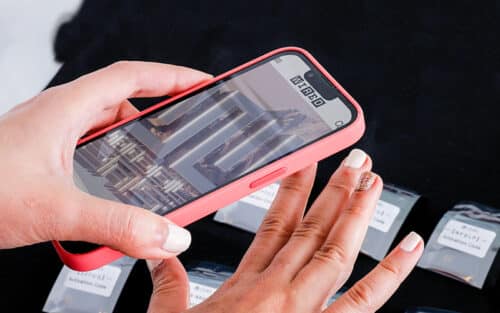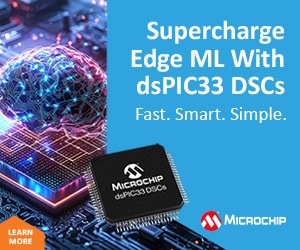A Dubai beauty salon is offering to embed a grain-sized microchip on its customers’ nails, as part of a bet on a deviceless future.
Lanour Beauty has offered to embed a 128-byte microchip on their customers’ nails as part of a gel manicure. The salon’s manicurists can program the chip to instruct any modern smartphone to pull up a digital file, open an Instagram profile, or head to a website at the cost of $68.

The technology is based on Near Field Communication(NFC) which is also used in the online payment platforms like Google Pay and Apple Pay. Smartphones can detect a specially-programmed NFC chip when it’s close by, enabling the two devices to exchange signals within a very short range.
The microchip is virtually invisible underneath the glitter of the nail polish. A NFC pop-up occurs on the respective smartphone that takes you to a page that is programmed to the microchip.
The technology has a huge application in the foreseen cyber cities. It can be used to act as a keycard to my apartment, validate a train ticket, or transmit money from my bank account.
Privacy activists on the other hand have expressed alarm over some of the darker possibilities raised by the technology. Many clients do worry about privacy, acknowledges Lanour’s Makarem. She says that she has previously reassured customers that the data they store on their microchip is wiped clean after they return to get their gel manicure removed.
Swedish biohacker Jowan Österlund says “microchipping definitely has a lot of potential in the Middle East, I think the starting point, however, would be a slightly more exclusive service,” where businesses allow customers to validate special memberships, make crypto payments, or show their digital IDs using their body chip implants.

Österlund doesn’t have a problem with all that information being collected—as long as he knows how the data is used. “All convenience comes at a price. I don’t mind. But what I want to know is, what’s the cost?”
Makarem says that the salon is currently working on adding a layer of security to the NFC chips, to enable future customers to pay without their wallets or phones. “Especially, I think in the future, we’ll look to pay by chip.”







